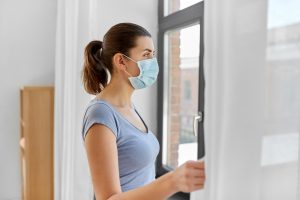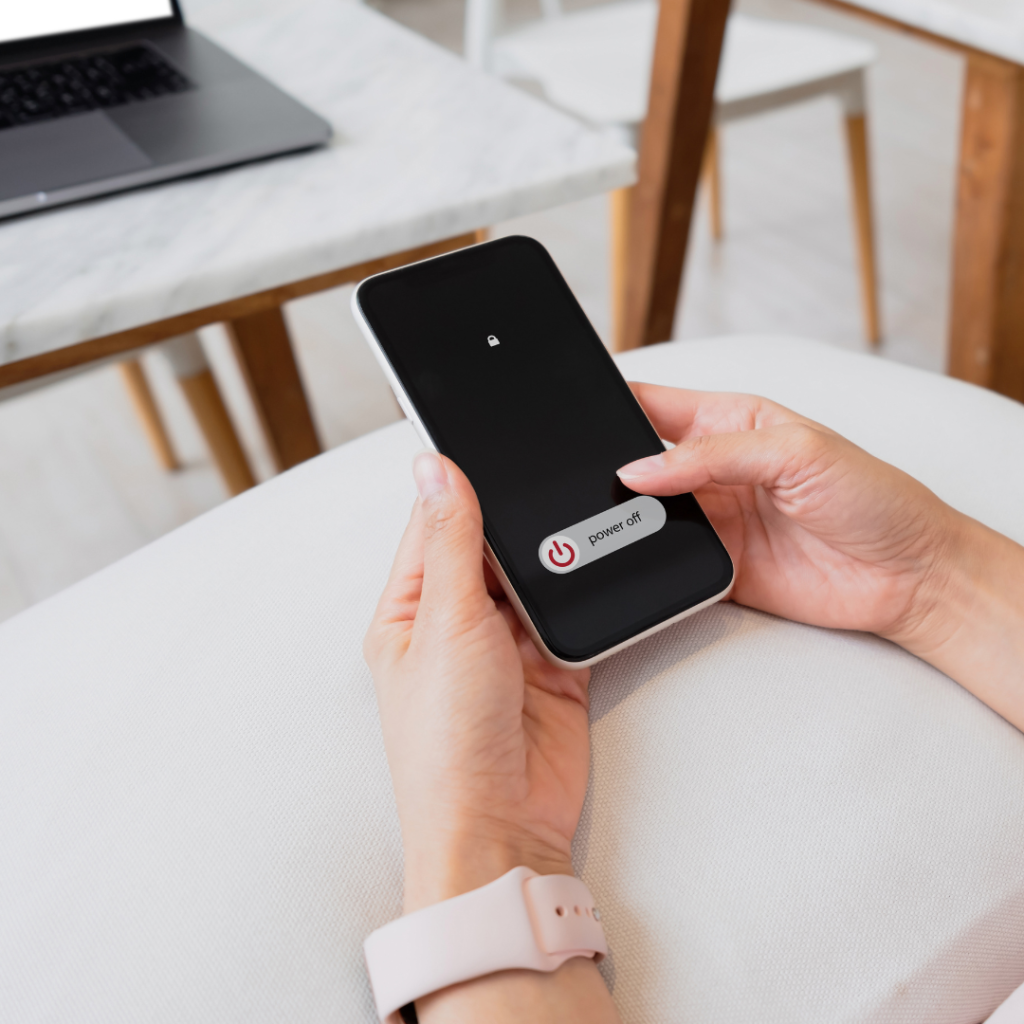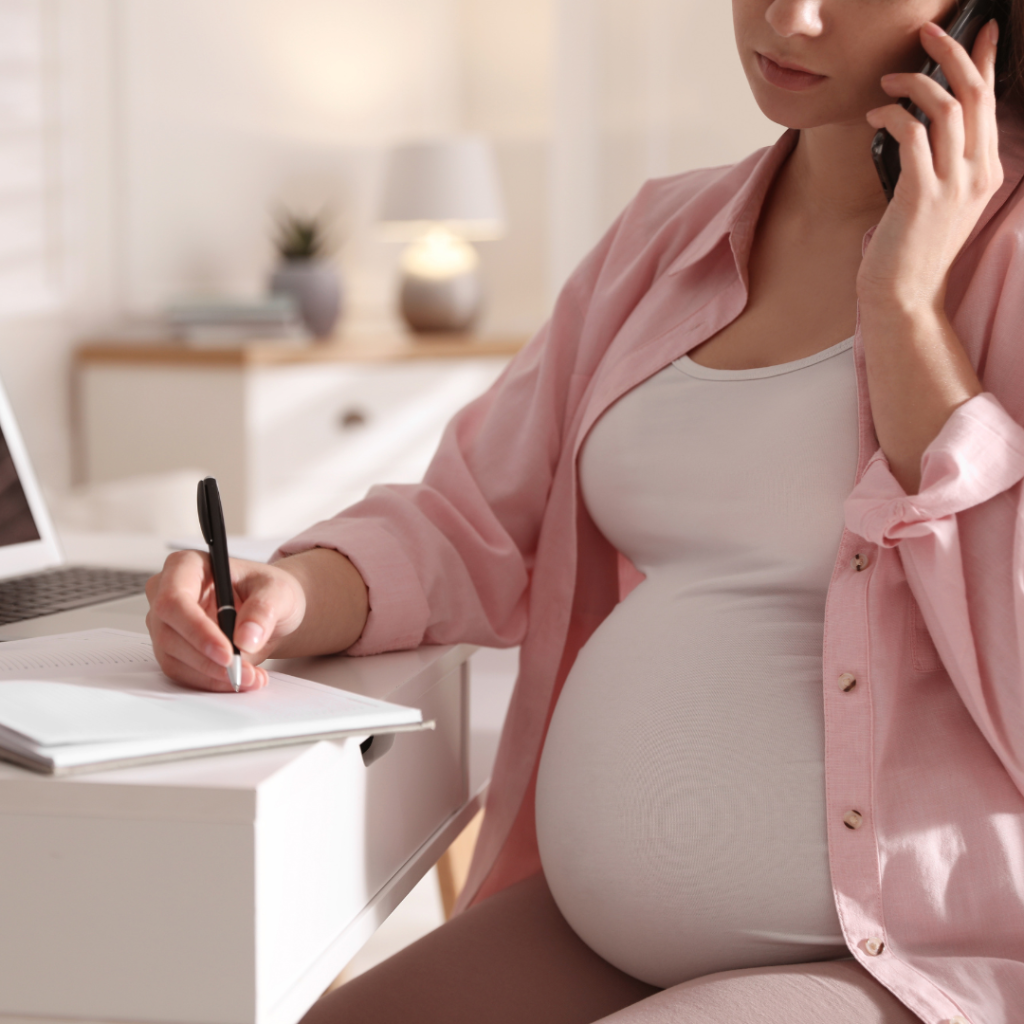Given the rise in COVID-19 cases, with the identity of the new Omicron variant, the government guidance has been changing daily. This has caused much confusion for employers and employees, especially when making decisions on whether individuals should isolate or continue with their day-to-day activities.
As of 14 December 2021, the Health Protection Regulations 2021, removed the requirement for all close contacts of positive Omicron COVID-19 cases, including contacts who were fully vaccinated, to self-isolate for 10 days, which had originally been put into force on 30 November 2021.
The regulations were further amended, to state that all close contacts, regardless of the variant, will no longer be required to self-isolate if they are fully vaccinated, taking part in a vaccine trial, or can provide evidence that they cannot be vaccinated for clinical reasons. Instead, the guidance has been updated to recommend that those who are fully vaccinated and identified as a contact of someone with COVID-19 should take a rapid lateral flow test every day for 7 days.
During these 7 days, anyone whose test comes back positive or who develops COVID-19 symptoms should self-isolate and take a confirmatory PCR test. If the PCR result is positive, they must follow the government guidance on isolation. If the PCR result is negative, they can leave self-isolation but should take rapid tests for the remainder of the seven days.
To find out more about Coronavirus and advice for both employers and employees, please click here.
One question we are being regularly asked by our clients is should we let employees work from home after they have come into contact with a positive COVID case. We believe each case should be assessed on an individual basis and consider taking into account what is considered to be ‘close contact’ and the details surrounding the contact. If the close contact is a close family member, or perhaps someone they live with, as a business you may want to consider allowing the employee to ‘work from home’ for a day or two, but if the tests are showing negative, or if they cannot do their job from home, you should consider allowing the employee to return to work with some precautions show.
On the back of this guidance, many employees and employers are asking what they should do about social distracting and work from home guidance, again considering the government’s plan B announcement earlier this month.
Currently, as it stands, those who can, are advised to work from home. Working from home is not mandatory under Plan B, but it is advisable to help slow the spread of this new wave of COVID-19.
We have seen many workplaces adapt over the past year to Hybrid working models, and to allow for social distracting amongst the employees. Working from home is not appropriate for all industries, particularly the hospitality, retail, and transport sectors. Therefore, if staff can only do their jobs from a place of work, flexibility on how and when they work can help to minimise the spread and exposure to other people. To find out more on working from home guidance, please click here.
What we need to consider is that home working is not suitable for all employees, not just because of their duties, but also due to personal situations and mental health. To hear from HR experts on working from home, and returning to the office environment, please click here.
We are in Your Corner
For advice or for a free assessment contact us today







